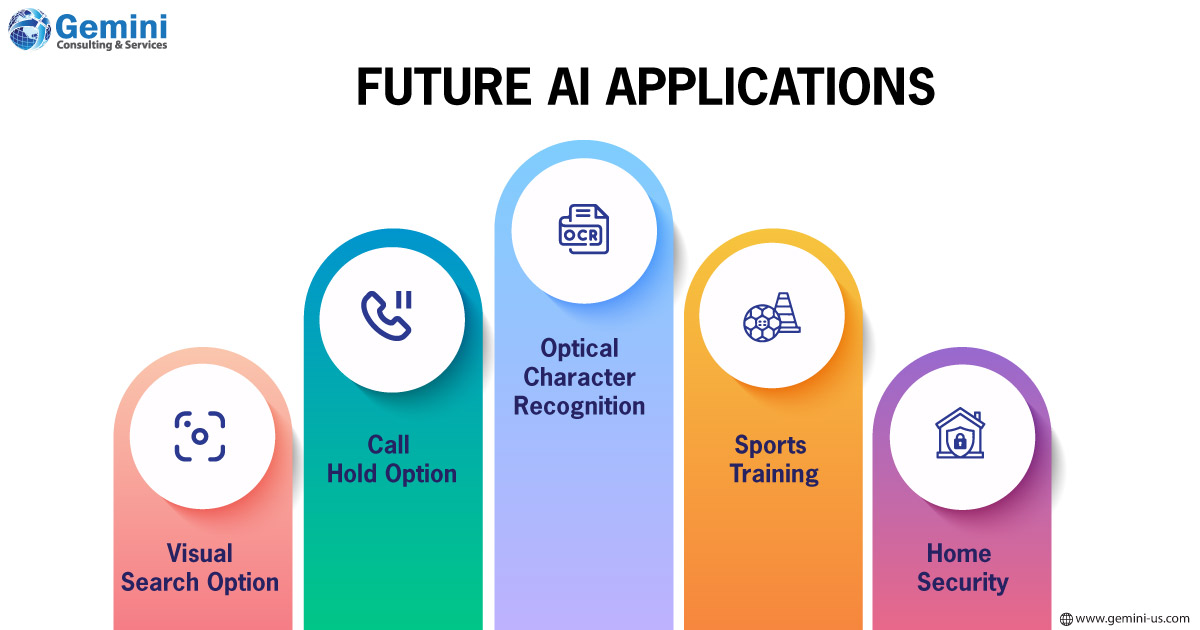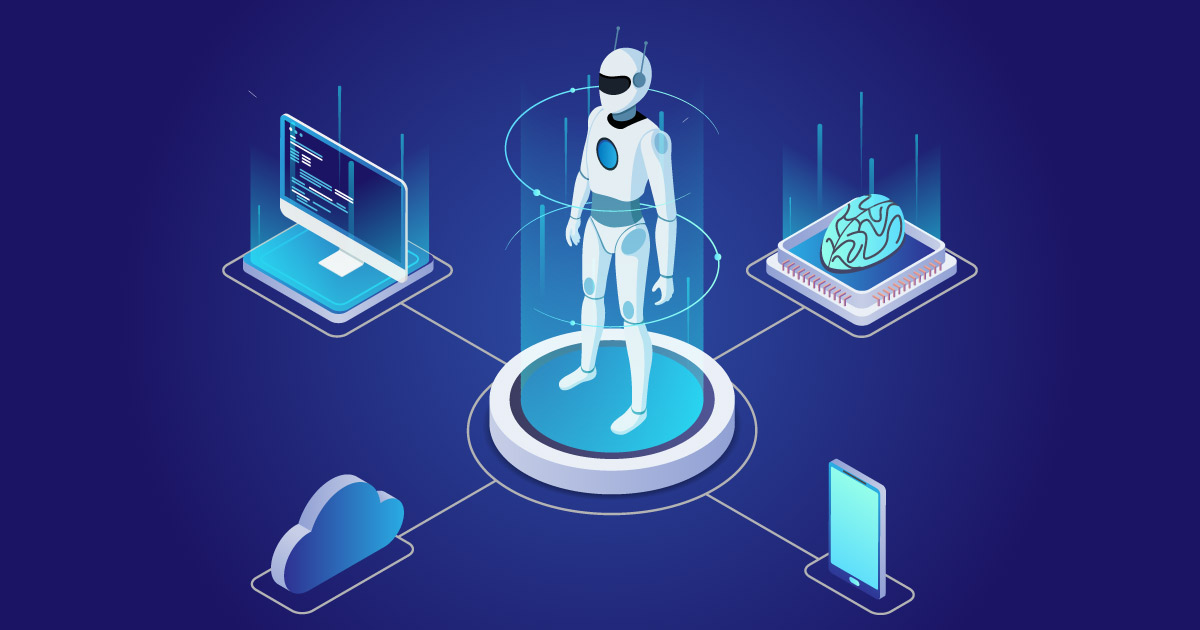Artificial Intelligence (AI) is no longer limited to the realm of science fiction and literature. It is exerting a profound influence on our daily lives. Its impact is expected to reshape the very fabric of our existence.
AI has seamlessly integrated into our routines, simplifying various aspects of life. Whether it’s seeking directions, receiving music recommendations, or placing a food order, AI has become an indispensable tool. Virtual assistants like Google, Alexa, and Siri exemplify this shift, enabling voice-activated searches and aiding us in managing essential tasks, such as reminding us of crucial dates or tracking package deliveries.
As AI continues to play a significant role in the global business landscape, its influence on everyday life is growing exponentially. The future promises even greater significance for AI in our daily affairs, with AI-powered technologies seamlessly intertwining with our lives, streamlining tasks, enhancing efficiency, and providing personalized experiences.
The surge of smartphones and smart devices equipped with advanced features such as face, and voice detection signifies the ongoing integration of AI into our lives. There are many examples, such as AI-driven cars and delivery drones to innovations in healthcare, that show how AI is becoming an intrinsic part of our daily experiences.
Gemini Consulting & Services can help enterprises leverage AI technology to build applications to offer enhanced customer experiences. Contact us to know how our solutions can help you expand your market.
In the future, several AI tools and applications are expected to gain prominence, transforming the way we interact with the world. Some of the future AI applications are listed below.

Visual Search Option
AI facilitates a visual search option, allowing users to identify products by capturing images. Amazon has already introduced this technology in its mobile application, enabling users to find similar products effortlessly.
Call Hold Option
Google’s Hold For Me, an AI technology for Pixel phones, revolutionizes waiting on hold during phone calls. This feature empowers Google Assistant to wait on hold on behalf of the user, notifying them when a human representative is ready to assist, saving valuable time.
Sports Training
AI’s predictive analysis is transforming sports training, providing athletes with guidance to enhance their skills and learn new techniques. The NBA is leveraging AI-powered tools like the Connexion kiosk to assess the physical health of players, integrating wearable devices for deeper insights.
Optical Character Recognition (OCR)
Optical Character Recognition (OCR), a technology that extracts text from images, proves invaluable in obtaining information from various sources. Google Lens utilizes OCR, allowing users to capture an image and retrieve precise information about objects, plants, or animals.
Home Security
The priority of ensuring home safety is universal, and AI is already contributing to automated home security. In the future, advancements in sensor-assisted motion detection and automated security are anticipated to enhance safety further. The rising demand for AI-powered home security devices is transforming them from luxury items into essential components of home protection.
Healthcare
AI has the capability to diagnose diseases by analyzing symptoms through data from fitness bands or an individual’s medical history. It can evaluate patterns and recommend appropriate medications. Particularly in developing countries with a shortage of qualified doctors and infrastructure challenges, AI can play a pivotal role in healthcare. Its ability to gather precise patient data and treatment information makes AI a valuable asset in the healthcare industry.
Pharma
AI holds potential benefits for pharmaceutical manufacturers, optimizing process design and control, and enabling smart monitoring and maintenance for continuous improvement. When combined with other innovative technologies, AI can advance pharmaceutical quality, strengthen supply chains, and enhance the availability of medicines for patients.

Education
AI has the potential to revolutionize traditional schooling, enabling educators to design personalized learning programs based on individual personalities and abilities. In the future, educational institutions can create programs aligned with the evolving needs of industries. For instance, as automation becomes prevalent in the manufacturing sector, AI can help tailor education to meet the future demands of the industry.
Finance
Major equity funds are already leveraging AI algorithms to manage funds, surpassing human capabilities in handling numerous variables. AI-driven insights are poised to disrupt conventional trading and investment practices. The future envisions the prevalence of AI-driven Robo-advisors in the financial sector, offering purpose-driven and technologically advanced financial guidance.
Military and Cybersecurity
AI-assisted military technologies have led to the development of automated weapon systems that operate without human intervention, enhancing national security. The future may witness the deployment of intelligent robot military units capable of performing diverse tasks. Strategic use of AI-assisted methods could improve mission efficacy and ensure safe execution.
Transportation
Smart cars have entered the market, with connected cars gaining popularity in the automotive industry. These vehicles feature predictive systems that alert drivers to potential component failures, provide route and driving instructions, and offer emergency and disaster preventive procedures. The gradual introduction of autonomous vehicle prototypes is becoming a reality.
Advertising
AI-powered systems can replicate campaigns effectively by accessing historical data and providing accurate results, eliminating the need to invest significant sums to test the effectiveness of campaigns. This revolutionizes marketing by offering companies a secure avenue to invest their funds. Smart sentiment analysis tools simplify reaching potential consumers, generating leads, converting them into sales, determining market share before product launches, and conducting competitive research.



